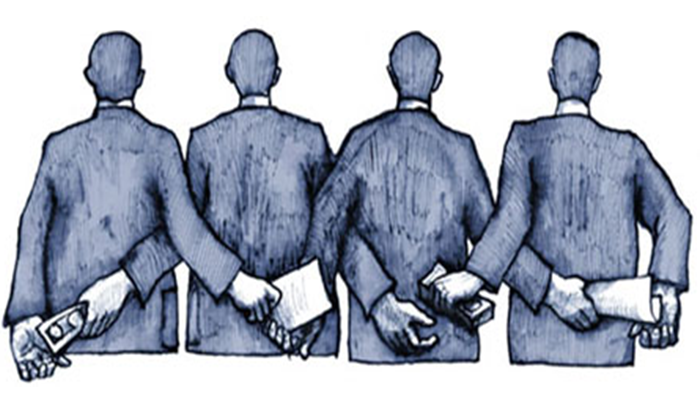Mr Femi Falana (SAN), a human rights activist, has called for the creation of a special anti-corruption court to aid speedy dispensation of justice in economic and financial cases in the country.
Falana made call on Thursday at a Round discussion on “Winning the War Against Corruption” organised by the Department of Jurisprudence and International Law, University of Lagos.
He said that the anti-corruption battle could not be won through the regular courts.
“Right now, the regular courts are subjecting corruption and drug related cases to frivolous adjournments instead of hearing them day by day as stipulated by the Administration of Criminal Justice Act, 2015.
“As if that is not enough, the suspects are being granted bail in their own recognition or other ridiculously liberal terms by trial judges notwithstanding the gravity of the offences allegedly committed by them.
“Some other judges are granting interlocutory or perpetual injunctions to restrain the anti-graft agencies and the police from arresting, investigating and prosecuting exposed persons,” said Falana.
He stressed that the few cases that had been filed in court under the Buhari administration were at the trial stage in the High Courts.
“Having regard to the congestion of cases in the High Courts, there is no indication that majority of the corruption cases will be concluded before 2019.
“Even if the defendants are convicted, the cases will be pursued up to the Supreme Court.
“If the trend continues, some of the cases will not be concluded in the next 10 years,’’ he said.
He proposed that the special courts be empowered to hear and conclude corruption cases within 180 days.
Falana said that appeals arising from the decisions of the court should be heard and determined within three months by either the Court of Appeal or the Supreme Court.
He added that the court being called for did not require an amendment of the constitution but an establishment through an Act of the National Assembly.
Also speaking, Prof. Itse Sagay (SAN) stressed that the war against corruption in the country should be a collective struggle of all Nigerians.
He said: “We must be part of the consensus that corruption must be stamped out for the rest of us to enjoy a modicum of social welfare.’’
Sagay urged Nigerians to support government in insisting that justice be visited on the people found to be corrupt and the proceeds of their crime be recovered.
“We should embark on a programme of re-orientation of society that will proactively prevent or reduce corruption drastically, if it is not to kill this country.’’
He called for “a minimum standard of living and the capacity to achieve our potential as human beings in Nigeria’’.
Dr Oby Ezekwesili, former Minister of Education, also called for a political will and preventive measures that would reduce corruption through structural change in government’s policy.
She stressed that for a successful fight against corruption there should be an effective punishment for bad behaviour to deter others and a reward system as an incentive for notable behaviour.

